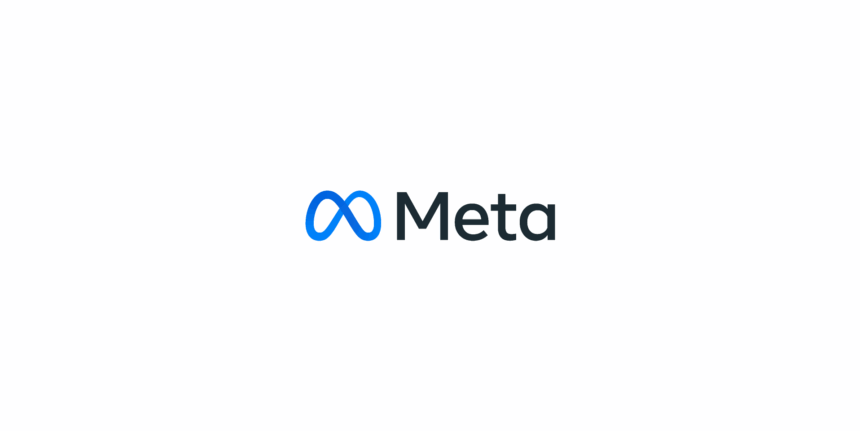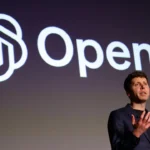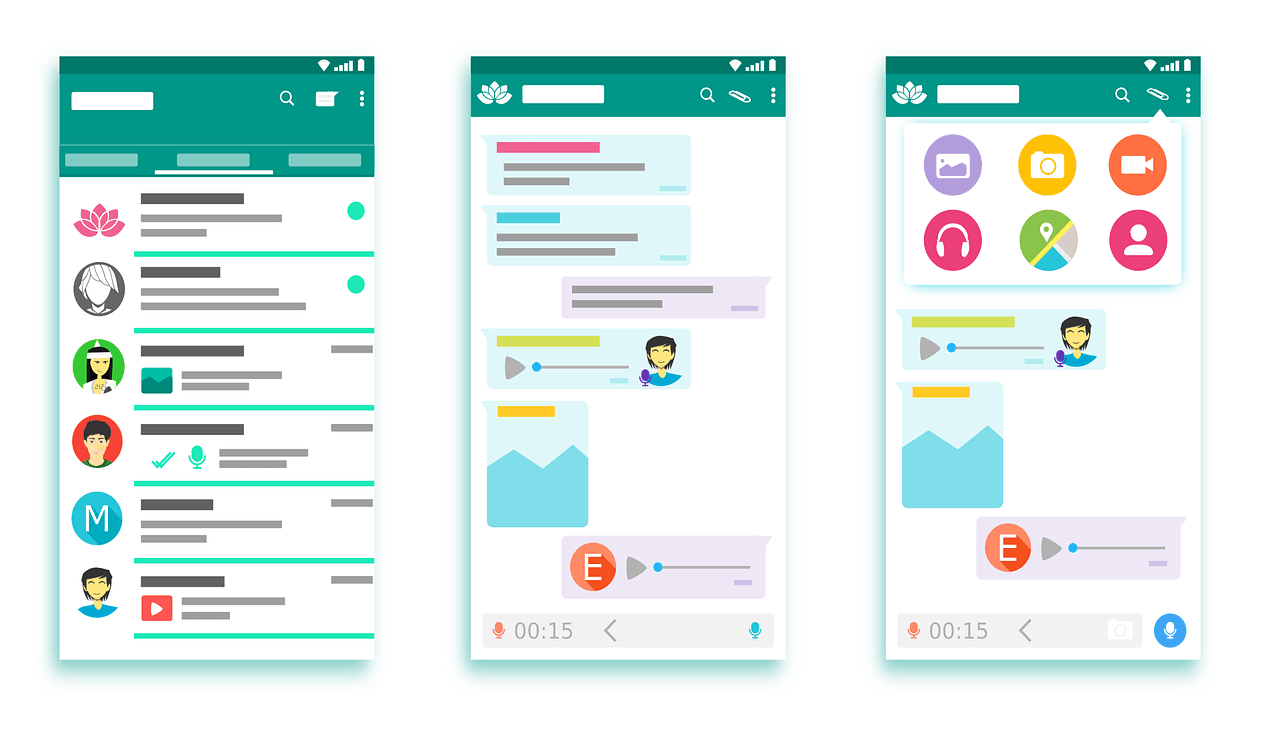Meta has introduced a major policy shift that will reshape how AI assistants operate on WhatsApp. With the latest update to the WhatsApp Business API terms, the company is formally banning all general-purpose AI chatbots—including LLM-powered assistants—from being hosted or distributed on its platform starting 15 January 2026.
This move directly impacts the growing number of AI services that had begun using WhatsApp as a delivery channel due to its massive global user base.
Below is a detailed breakdown of what the new rules mean, why Meta is making this change, and how it will affect both businesses and the broader AI ecosystem.
What the new policy says
Under the revised WhatsApp Business API terms, companies offering:
- Large language models (LLMs)
- Generative AI assistants
- General-purpose conversational bots
- AI platforms where the assistant is the product
will no longer be allowed to rely on the WhatsApp Business API if those AI functions constitute the primary purpose of the service.
Meta’s definition here is highly specific:
If the AI assistant is the main value being provided to WhatsApp users—meaning the chatbot is the product—then it violates the new rules.
Conversely, companies can continue using AI for:
- Customer support
- Booking and reservations
- Order management
- FAQ automation
- Workflow-specific tasks
These uses fall under “business functionality,” which remains permissible.
Why Meta is enforcing these restrictions
Meta cites multiple reasons for this change, each pointing to different strategic and technical concerns:
1. Infrastructure load
General-purpose AI chatbots, especially those powered by LLMs, tend to generate extremely high message volumes, often with long responses. Meta has stated that these bots were placing “unintended strain” on WhatsApp’s infrastructure.
This was visible with major providers like ChatGPT and Perplexity, whose traffic patterns differ significantly from traditional customer support use cases.
2. Protecting the original purpose of WhatsApp Business
Meta designed the Business API for structured business-to-customer communication—not as a broad AI platform. The spread of standalone LLMs effectively repurposed WhatsApp into an AI hub, which Meta wants to avoid.
3. Preventing WhatsApp from becoming a generic LLM distribution channel
By cutting off access for general AI bots, Meta ensures the platform does not become a universal AI delivery network for external companies. This gives Meta tighter control over:
- User experience
- Platform reliability
- Monetisation strategies
- Regulatory compliance risks
4. Strengthening Meta’s own AI offerings
Meta is heavily pushing its in-house Meta AI assistant, integrated into WhatsApp, Instagram, Messenger, and other products. Restricting third-party AI assistants naturally shifts users toward Meta’s native solution.
Although Meta frames this policy as a technical and operational necessity, the competitive advantage it gains is unmistakable.
Impact on AI companies
The policy affects both high-profile entrants and smaller AI startups. Services that will be forced to shut down or pivot include:
- OpenAI’s ChatGPT on WhatsApp
- Perplexity AI’s WhatsApp bot
- Microsoft Copilot’s WhatsApp assistant
- Various indie and local LLM-based bots
These companies will no longer be able to operate their AI assistants fully within WhatsApp unless the bot is tied to a narrowly defined customer interaction workflow.
What this means operationally
AI providers will need to:
- Shift user engagement to mobile apps, web apps, or SMS
- Use WhatsApp only for transactional messaging, not general chat
- Rebuild integrations around specific business tasks instead of full AI conversations
The change forces AI companies to rethink distribution strategies and reduces reliance on WhatsApp’s enormous global user base—particularly in regions where WhatsApp is the dominant communication tool (India, Brazil, parts of Europe, Latin America, and Africa).











